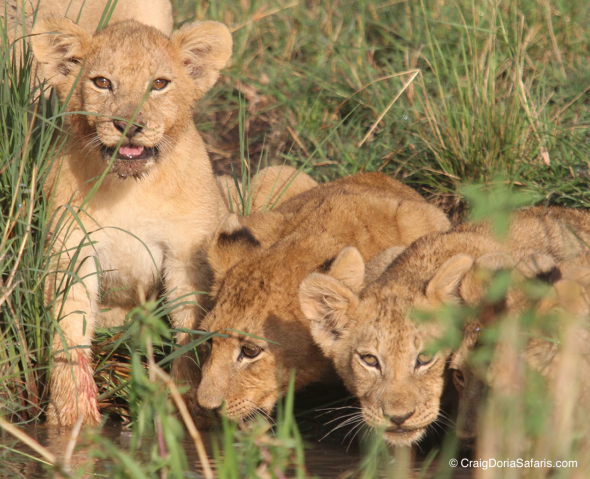
Whoops. Check Your Bucket List isn’t packed with Travel Faux Pas!
Most of us in South Africa are aware that as cute as it sounds, cuddling a lion cub is a no no. It just feeds the ‘Canned Hunting’ industry (where lions that are no longer cute are turned in to soft targets for wealthy hunters to kill). But did you know that taking part in […]

Most of us in South Africa are aware that as cute as it sounds, cuddling a lion cub is a no no. It just feeds the ‘Canned Hunting’ industry (where lions that are no longer cute are turned in to soft targets for wealthy hunters to kill). But did you know that taking part in the Three Peaks Charity Climb in the UK or volunteering in an orphanage in Cambodia is also regarded as irresponsible?

As Simon Thomsen from Business Insider Australia says “Travelling with a conscience can be fraught. What customs are appropriate or in some circumstances, inappropriate? Sometimes even the best of intentions go awry as operators prey on the unsuspecting.”
To help us all get it right, Thomsen recently published an article based on the findings of ResponsibleTravel.com, on the do’s and don’ts of ‘good’ travel! With kind permission from Business Insider Australia, here is Thomsen’s article:
10 Things A Sustainable Travel Company Says You Should Avoid On Trips
– by Simon Thomsen, Business Insider Australia
London-based online travel agent Responsibletravel.com has compiled a list of what it calls travel faux pas to avoid in 2015. Managing director Justin Francis, says: “One thing we’ve learned over the years at responsibletravel.com is that some of the biggest Bucket List travel experiences are in fact big travel faux pas.”
Here’s his list of things you should not do – as well as suggestions for what you could do instead…
1. Ride an elephant

Plodding through the jungle on top of a powerful pachyderm is the dream of many an animal lover.
However, after speaking to a number of sanctuaries and wildlife groups, Responsibletravel.com learned that riding an elephant on your holiday is actually not only harmful to the elephant itself – but it endangers wild populations. Elephant charities have actually compared it with poaching and the ivory trade in terms of the devastating impacts.
THE ALTERNATIVE:
Happily, that doesn’t mean you have to cut elephants out of your holiday. There are a number of excellent sanctuaries looking after rescued and orphaned elephants – many as a result of the trade in elephants for trekking. And of course, seeing them in the wild not only supports the elephants – it also contributes to the conservation of their habitat.
2. Volunteer in an orphanage
What could possibly be wrong with volunteering in a Cambodian orphanage? Well for a start, the majority of kids there may not be orphans…
The travel company revealed the horrifying secrets of the “orphan trade”, such as the Cambodian city with 100,000 people and 35 orphanages, with families scammed into handing over their children to a place they think they will have a better life – and well-meaning travellers are scammed into paying the owners to volunteer there. And for genuinely vulnerable children, a high volunteer turnover means they form bonds with carers before being separated again, and again.
THE ALTERNATIVE:
But don’t cross “giving something back” off your to do list just yet – there are volunteer holidays that cover everything from teaching and tree planting to working on water projects. And if you’re still keen to work with orphans – why not look into helping out at an orangutan orphanage?
3. Seeing captive dolphins and orcas
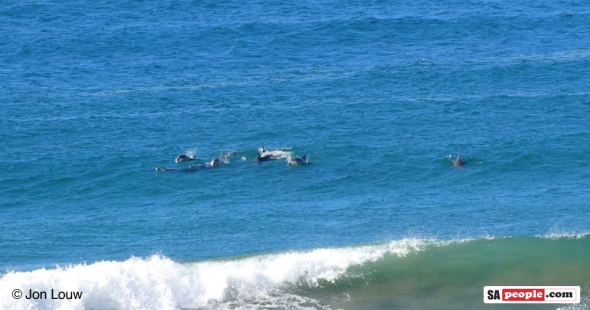
Recent documentaries including Blackfish and The Cove have exposed what appears to be the ghastly backstage action that goes into capturing orcas and dolphins and getting them to perform – from wailing mothers separated from their babies to keepers being injured and even killed. But as the tide turns against this form of entertainment, don’t go thinking you have to cross cetaceans off your 2015 bucket list.
THE ALTERNATIVE:
Say NO to the circus and go and see these incredible creatures in the wild – watch them from a boat, learn from local experts and maybe even join them for a swim. Some tours even get you monitoring behaviour as you go – meaning you are contributing directly to research and conservation.
4. Climb Uluru
Uluru – also known as Ayers Rock – is a deeply sacred place to the indigenous Anangu. Climbing it involves crossing spiritual “dreamlines” – and is akin to trampling over a holy shrine. Watching their equivalent of a temple be trampled on day after day is no pleasant experience for the Anangu – but they have no choice. They were given the title to their ancestral land on the condition that they would still permit tourists to climb the rock.
The good news is that, as a visitor to Uluru, you do have a choice. Don’t bypass the signs politely asking you not to climb – take a fascinating walk around the base instead, and chat to the local people to learn more about their culture and the significance of this mighty rock.
THE ALTERNATIVE:
And if you still fancy adding a challenging summit to your bucket list? Try climbing holidays from Kili (Mount Kilimanjaro) to the Himalaya via Andean Volcanoes and Mont Blanc. And not a dreamline in sight.
5. Visit the Tiger Temple
Hmm. William Blake’s poem would have lost some of its impact had he been around to see these creatures at Kanchanaburi’s Tiger Temple.
It may be the easiest place to see these exquisite big cats up close – but its description as a sanctuary is sadly misleading. Responsibletravel.com removed it from their site some years ago after learning that, rather than conserving these highly endangered big cats, the Tiger Temple has participated in their illegal trade, and keeps the tigers chained, without shade, in 40 degree heat.
There have also been reports of tourists being mauled – so it’s not just the safety of the tigers which is under threat – especially as young children are allowed into the enclosures to pet and sit on the backs of tigers.
6. Cruise on a giant ship
Giant cruise ships glide across the world’s oceans leaving destruction in their wake at sea, on land… and even on board – eight viruses struck in the space of three months in 2014.
Per passenger, giant cruise ships actually emit more CO2 per mile than aircraft, and generate over four times as much rubbish as land travellers. They damage reefs and cause air pollution. Other weapons in the cruise ship arsenal include the hideously long, low-paid hours worked by staff (there’s no labour law out at sea!) and the lack of local benefits in the countries they visit (often only docking at exclusive ports – where money spent goes straight back to the cruise line).
THE ALTERNATIVE:
However, before you cross cruising off your bucket list, there are responsible cruise holidays: polar expeditions, sailing ships and wildlife cruises are just some planet – and passenger – friendly options.
7. Walk with lions
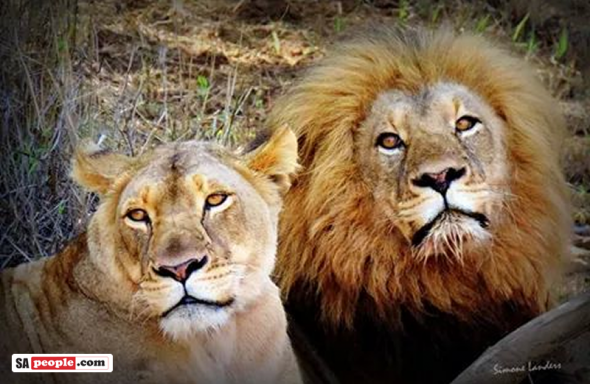
Starring in your own remake of “Born Free” may be high on your 2015 bucket list – but sadly the story of most captive lion cubs does not end as happily as Elsa’s.
There are numerous places offering the opportunity to hug a cub or walk with a juvenile lion – but a little investigation reveals what happens when these cute youngsters grow inconvenient teeth and claws. Habituated creatures can’t be released into the wild – so one option is to sell them on to “canned hunting” reserves – where hunters pay big bucks to shoot adult lions in enclosures. It’s a dirty secret that the industry is keen to keep from tourists.
If you want to walk with animals in the wild and contribute to their conservation, a walking safari is the way to go – the thrill of encountering wild rhinos, elephants and lions on foot more than makes up for not being able to hug them.
8. Visit a tribe
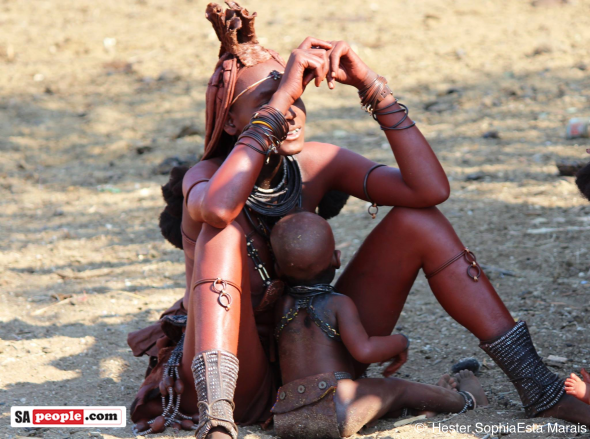
The 200,000 tribespeople of Ethiopia’s Omo Valley are some of the world’s most traditional and fascinating, maintaining cultural rituals dating back centuries, including scarification, bull-jumping and the notorious lip plates.
As tourism has grown in southern Ethiopia, its nature has worsened, and these encounters turn into little more than human safaris. Ancient rituals, once carried out to mark special occasions, are performed on demand to please tourists, and photographs are exchanged for money.
THE ALTERNATIVE:
Take a tour which benefits communities as much as the tourists: meet the Himba of Namibia, the Aymara of Bolivia or the hilltribes of northern Thailand on a more sustainable cultural tours.
9. Eat whale meat
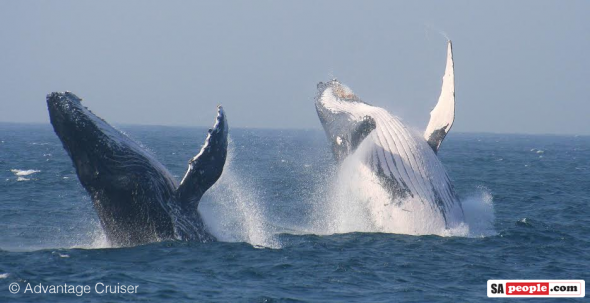
You’ll see whale meat on the menu in Norway and Iceland – and locals cling to this as a “tradition” – seeing any ban as a dismissal of their culture. However, whale hunting has been condemned by the international community, on both conservation and humane grounds. Interestingly, it’s worth noting that despite the claims of tradition, most whale meat actually ends up on the plates of tourists.
If all visitors shunned it – and any restaurants featuring it on their menus – you’d wonder how long this “tradition” would continue.
THE ALTERNATIVE:
Instead book a whale watching tour and prove that these incredible creatures are worth far more alive than dead. For a real bucket list challenge you can even swim with humpbacks in Tonga!
10. Do the Three Peaks charity climb
Here’s something that you might think wins you a few travel Brownie points – climbing three key British peaks – Ben Nevis, Scafell Pike and Snowdon in 24 hours for charity. But the high-speed climb actually creates serious problems of its own: erosion, litter, noise and disruption.
Even worse, it adds strain to charities that manage these sites or have to assist climbers – and it’s unlikely these organisations will be the recipients of the thousands of pounds raised. Nor will the local communities, as the 24-hour nature of the challenge means that bed and board are not required, nor are pub lunches or market browses.
THE ALTERNATIVE:
For a real challenge try trekking in the Himalaya or Andes. You can stay in local accommodation along the way and support communities by purchasing food and souvenirs from local businesses – a fun way to “fundraise”.
Please view the original Business Insider Australia article here.
